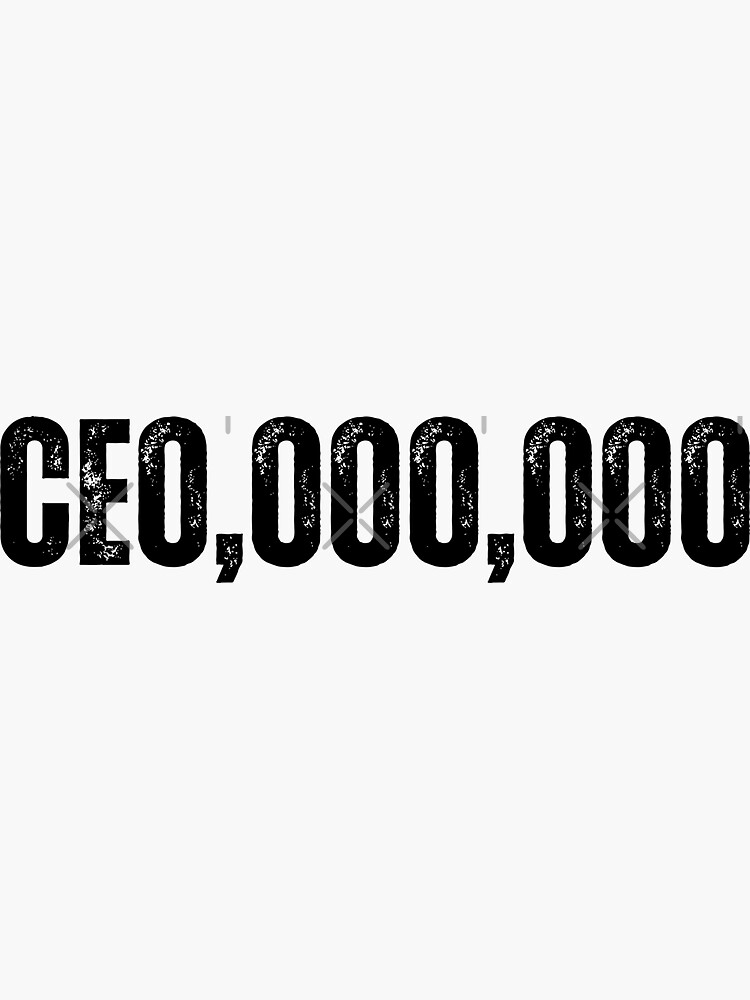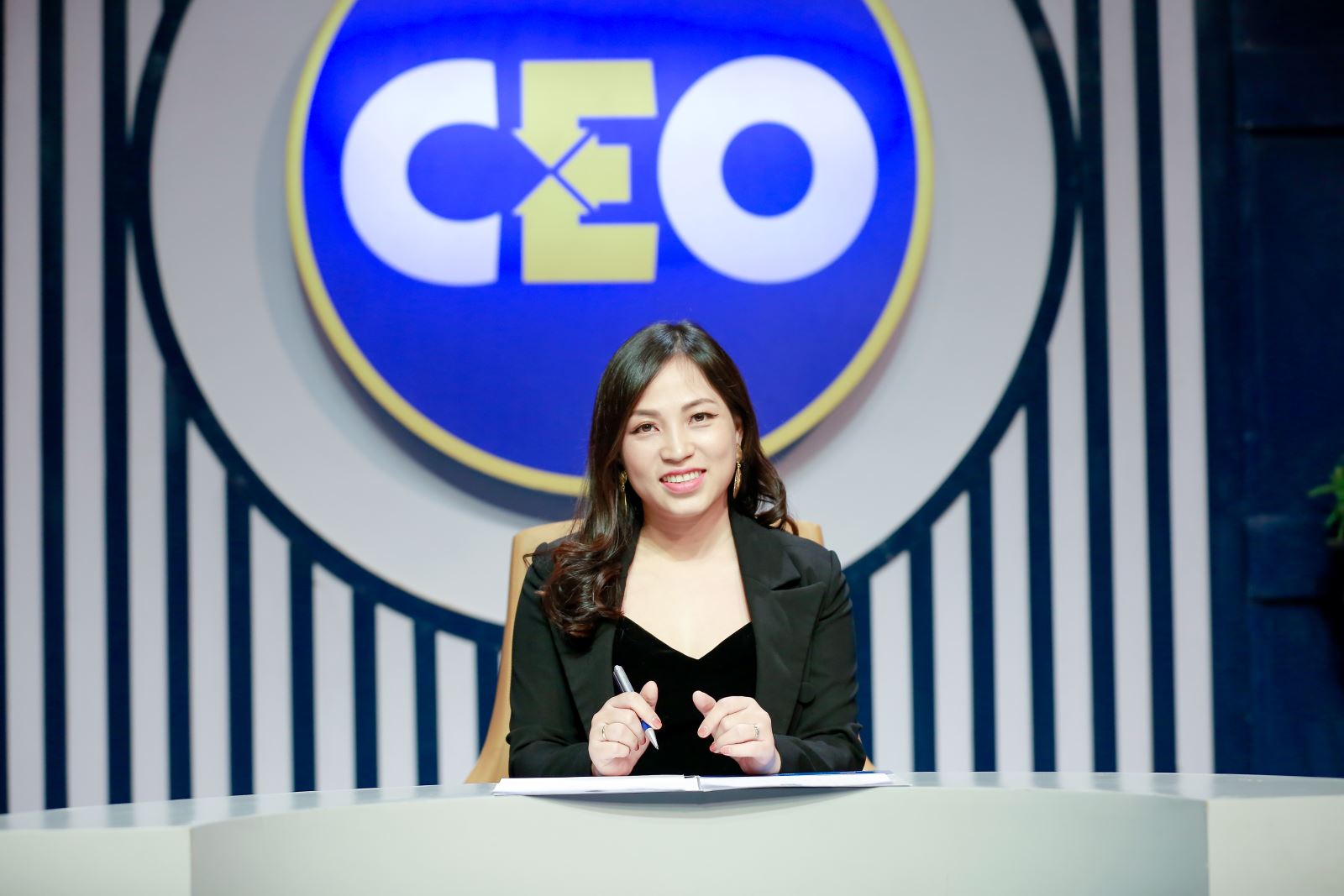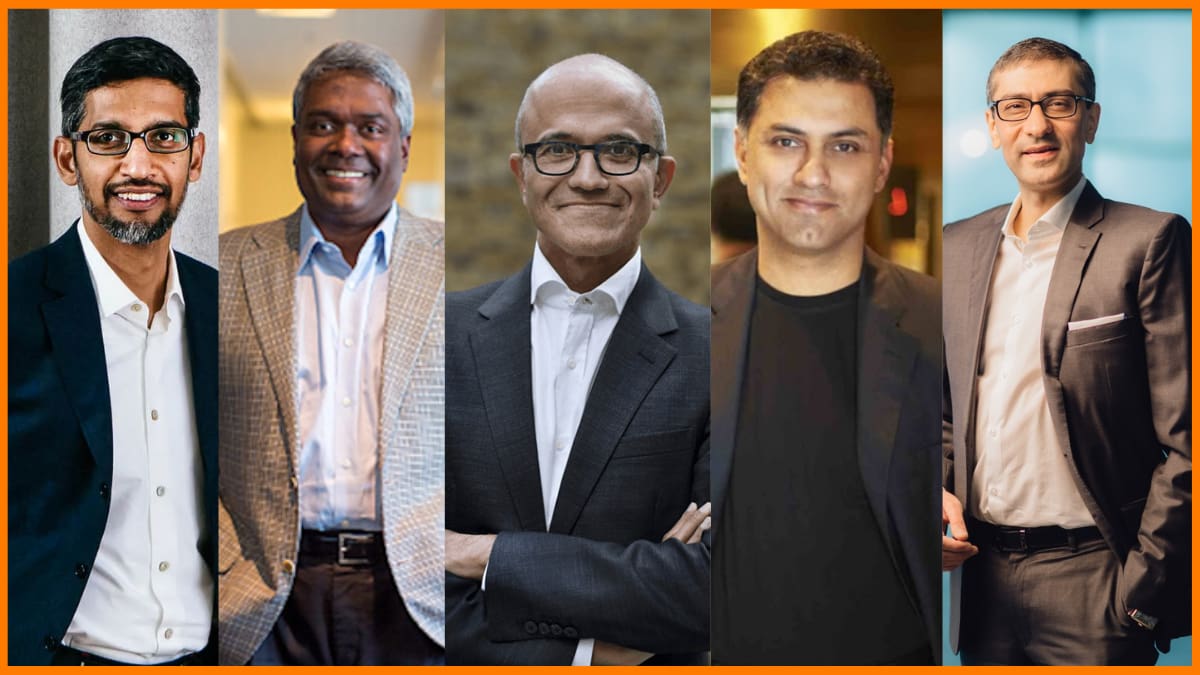The Age of Modern CEOs: Understanding the Impact of CEO Age on Leadership and Innovation
In today’s fast-paced business environment, age has become an increasingly important factor in shaping the leadership style and strategic direction of companies. Many wonder how the age of a CEO influences their decision-making, leadership approach, and ability to drive innovation. Let’s explore the implications of CEO age in the corporate world, taking into account both the advantages and challenges of different age groups leading major businesses.
The Changing Age Demographics of CEOs
Traditionally, CEOs were often older, typically having decades of experience before taking the top role. However, in recent years, there has been a noticeable shift, with younger CEOs rising to leadership positions at an earlier age. This evolution raises interesting questions: Does a CEO’s age correlate with their effectiveness, and how does it impact the company’s growth?
Age vs. Experience: What’s More Important?
While experience has always been a key factor in determining who is appointed to lead a company, the role of age in modern leadership has become more nuanced. Younger CEOs bring fresh ideas, innovation, and a willingness to take risks, while older CEOs typically offer more experience and a steady hand. Both have distinct advantages:
- Young CEOs tend to be more in tune with technological advancements, trends in digital transformation, and the preferences of younger consumers. They often bring a sense of agility and adaptability, essential for companies navigating an increasingly complex market.
-
Older CEOs, on the other hand, may offer more stability and a wealth of knowledge accumulated over years of navigating business challenges. They may have the foresight to make well-informed decisions that avoid potential risks.
How CEO Age Affects Innovation
When it comes to innovation, young CEOs are typically seen as more open to taking bold steps and embracing new technologies. They are often more willing to disrupt traditional business models to stay ahead in a rapidly changing world. For example, Mark Zuckerberg and Elon Musk, both in their 30s when they became prominent CEOs, are well-known for their bold moves in tech and space industries.
Conversely, older CEOs may adopt a more cautious approach, weighing the risks carefully before making decisions. This doesn’t necessarily mean that older CEOs aren’t innovative, but rather that their innovations might be more measured and strategic.
The Pros and Cons of Different CEO Ages
Every age group has its own strengths and challenges when it comes to leading a business. Let’s break down the pros and cons of having a CEO of varying ages:
Young CEOs (Under 40)
Pros:
- Technological Savvy: Younger leaders are more likely to be tech-savvy and understand how emerging technologies can transform industries.
- Risk-Taking: Younger CEOs are often more willing to take risks, which can lead to significant growth and groundbreaking innovation.
- Relatability to Younger Consumers: They tend to resonate more with younger audiences, understanding their needs, behaviors, and expectations better.
Cons:
- Lack of Experience: They may lack the depth of experience that older CEOs have, which can make them more prone to mistakes.
- Lack of Established Networks: Younger CEOs may not have the robust networks that older, more seasoned CEOs have built over time.
- Challenging Authority: Younger leaders may find it challenging to earn the respect of older employees or board members.
Older CEOs (Above 50)
Pros:
- Experience and Wisdom: Older CEOs bring decades of industry knowledge, which can be invaluable when navigating tough decisions or crises.
- Stability and Confidence: They are typically more experienced in handling turbulent times and can provide a sense of stability to the company.
- Extensive Networks: With years in the industry, older CEOs have cultivated a broad network of contacts and relationships, which can benefit the company.
Cons:
- Resistance to Change: Older CEOs may be less willing to embrace disruptive technologies or change established business models.
- Generational Disconnect: They might struggle to connect with younger employees or customers who have different expectations.
- Potential for Slower Decision-Making: Experience can be a double-edged sword, as older CEOs might take longer to make decisions, leading to missed opportunities in a fast-paced world.

Case Studies: CEO Age and Success
Let’s look at some prominent CEOs and how their age has influenced their leadership styles and company trajectories.
1. Elon Musk – CEO of Tesla (Age 52)
Elon Musk is a prime example of a CEO whose age and bold, disruptive approach have reshaped multiple industries. With his involvement in SpaceX, Tesla, and Neuralink, Musk has demonstrated how a CEO in his 50s can drive rapid technological advancements and large-scale innovation.
2. Mark Zuckerberg – CEO of Meta (Age 39)
Mark Zuckerberg, at just 39, has transformed from the founder of a college project to the CEO of one of the world’s largest technology companies, Meta. His youthful energy and drive for innovation, especially in areas like virtual reality and the metaverse, showcase the advantages of having a tech-savvy, younger CEO at the helm.
3. Warren Buffett – CEO of Berkshire Hathaway (Age 93)
Warren Buffett is an example of a seasoned CEO who, despite his age, continues to lead one of the world’s most successful investment firms. His experience and long-term approach to business have made him an icon of stability and financial success.
4. Pat Gelsinger – CEO of Intel (Age 61)
Intel’s CEO Pat Gelsinger is a prime example of how experience can lead to a successful reinvention. After returning to Intel, Gelsinger has worked to steer the company back to leadership in semiconductor innovation, showing how older CEOs can successfully lead major transformations.
The Age Debate: Is Age Just a Number for CEOs?
The age debate surrounding CEOs is complex, and there is no definitive answer. What’s important is not necessarily the age itself, but the vision, leadership abilities, and adaptability of the CEO. A CEO’s age should not limit their potential to innovate, adapt, and lead with confidence.
Some companies may benefit from the energy and risk-taking tendencies of a younger CEO, while others may thrive under the seasoned hands of an older leader. Both can be equally successful as long as they bring the right skills to the table.
FAQs about CEO Age
1. Does a CEO’s age impact the company’s success?
While age can influence leadership style, the company’s success largely depends on the CEO’s vision, strategy, and ability to adapt to market trends.
2. What are the advantages of having a young CEO?
A young CEO may bring fresh ideas, technological innovation, and a connection with younger customers, which can be beneficial for companies looking to disrupt industries.
3. What are the challenges faced by older CEOs?
Older CEOs might struggle with adapting to technological changes and new business models, and may also face generational disconnects with younger employees.
4. Can an older CEO be innovative?
Yes, older CEOs can still be highly innovative, though their approach may be more cautious and strategic, focusing on long-term sustainability.
Conclusion: The Future of CEO Leadership Across Ages
As the corporate landscape continues to evolve, the age of a CEO remains an important factor in determining leadership style and success. Whether a young or experienced CEO leads the company, the key to success lies in their ability to navigate challenges, embrace innovation, and inspire their team.
The future of business leadership is likely to be defined by a balance of experience and youthful innovation. As the business world continues to evolve, it will be interesting to see how CEO age influences corporate strategies, growth, and market dynamics.







